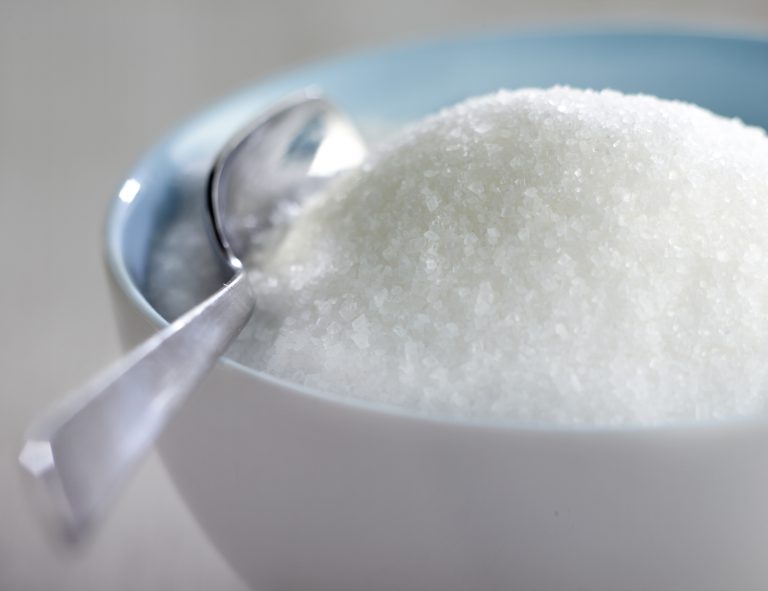EFSA was tasked in 2017 to provide scientific advice on a tolerable upper intake level (UL) or a safe level of intake for dietary (total/added/free) sugars in relation to chronic metabolic diseases, pregnancy-related endpoints and dental caries. In 2022, EFSA concluded in its Scientific Opinion that, although an Upper Limit / safe level of intake could not be set, the intake of added and free sugars should be as low as possible in the context of a nutritionally adequate diet (2).
In the recently published scientific commentary on this EFSA Opinion, the authors state that EFSA framed the risk assessment of sugars in the same way as they would do for a genotoxic carcinogen, i.e., without a threshold for an adverse effect. But sugars are not genotoxic carcinogens. The lowest sugars intake levels in the trials taken into account by EFSA were around 10% of total energy intake, and this intake level did not result in adverse effects. The most appropriate interpretation is that currently no definitive conclusion can be drawn on the tolerable upper intake level for dietary sugars. More robust data are required to identify the threshold value for intake of sugars. According to the commentary, the conclusion of EFSA’s previous report from 2010 on sugars (3) is still valid: the available data do not allow the setting of an upper limit for added sugars.
Read the published scientific commentary here
References
- Löwik et al. 2024 Risk assessment of nutrients: There must be a threshold for their effects. Regulatory Toxicology and Pharmacology.
- EFSA 2022 – Scientific Opinion – Tolerable upper intake level for dietary sugars.
- EFSA 2010 – Scientific Opinion on Dietary Reference Values for carbohydrates and dietary fibre.


